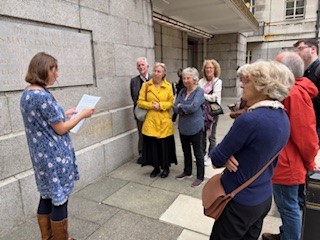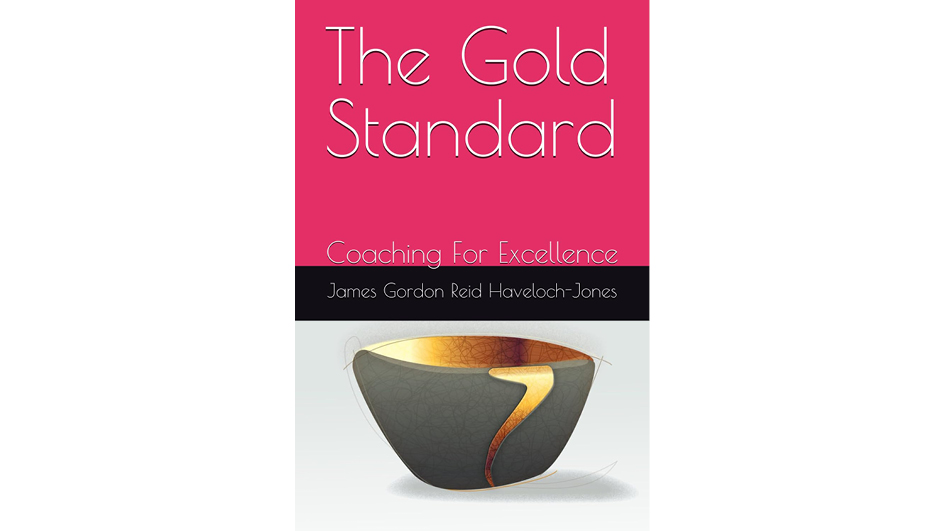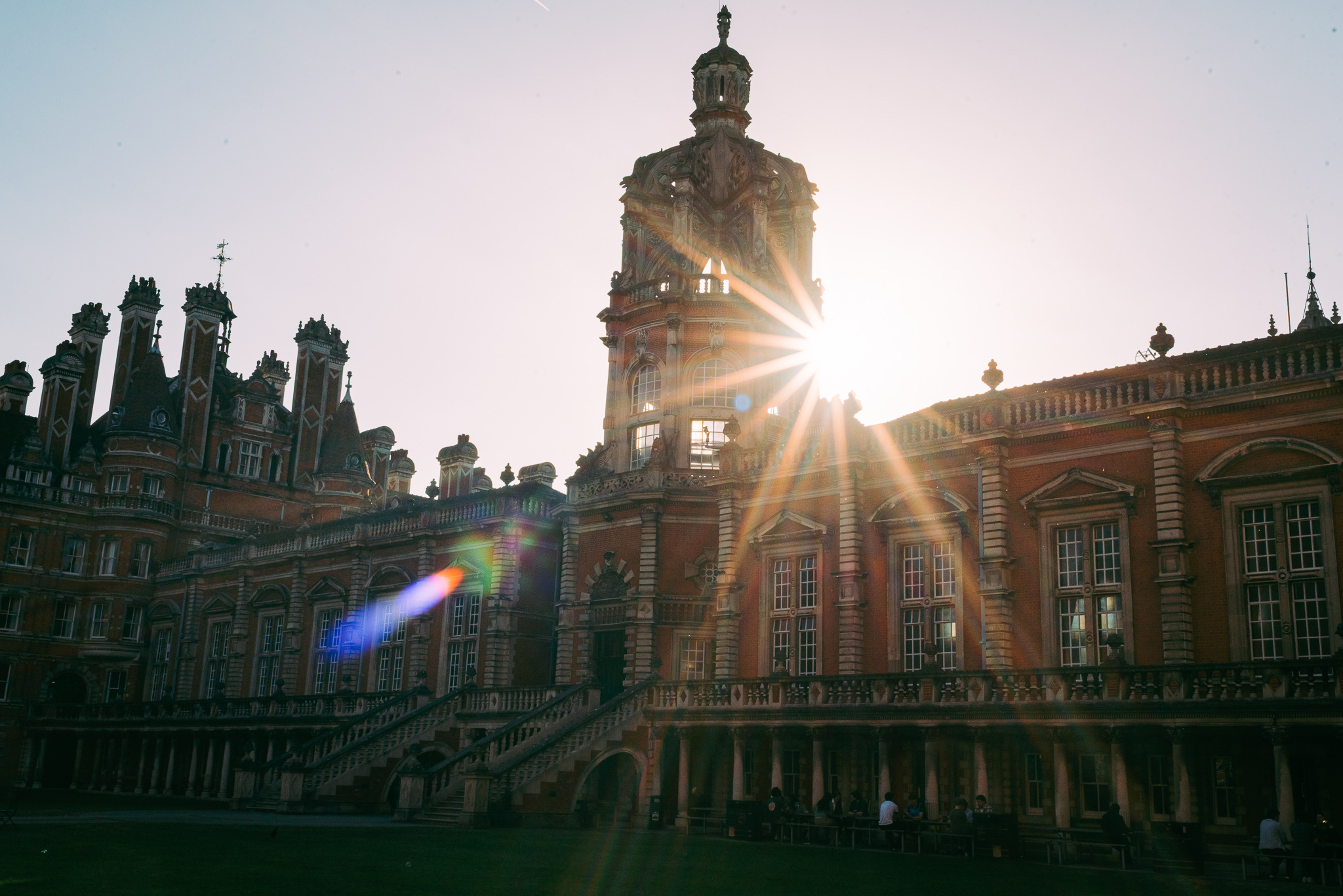By Caroline Willbourne (Philosophy and Ancient Greek, 1967)
I was determined from a young age to become a barrister, an ambition supported by my mother, but not by many others. I had a stammer as a child and some intensive speech therapy helped to get rid of that and to teach me the importance of clear public speaking. I also did a lot of amateur dramatics as a teenager which encouraged my love of performance.
I decided that I did not want to read law as an undergraduate subject and so I played to my strengths and read Philosophy and Ancient Greek. An important component of the Philosophy course was ethics, under the tutelage of Prof Bernard Williams. Because of timetable constraints, I was lucky enough to be tutored by him individually.
My route to the Bar after graduating was slow and, sadly, riddled with misogyny, certainly when it came to getting pupillage, the compulsory training period for every barrister. Once pupillage is in the bag, the path ahead is smoother. Even so, I did not find it easy to get a tenancy. There was then no centralised system for applications, so it was very much a question of pot luck and who one knew. The chambers I finally went into was a ‘general common law set’ ie they did all kinds of work, and women then tended to do crime and/or family. I enjoyed both (jury advocacy bears a strong resemblance to performing on stage, but with little scope for departing from the script), but I soon found that my real interest lay in family law. It is very much a ‘people’ skill, where the ability to get on with the client is all-important.
I became interested in this because I had done some research under the auspices of Prof Williams on the proposed change in the law to allow divorce on the basis of 5 years separation with no consent by the other party (bear in mind that this was the late 60s) The Press dubbed this the ‘Casanovas’ Charter’ and the public expectation was that the majority of petitioners for divorce would be men, who had been trapped for years in unhappy marriages. In fact, the opposite turned out to be the case, in that the vast majority of Petitioners (as I recall, it was well over 80%) were women who had stayed in unhappy marriages out of a sense of duty until the children had grown up.
My studies with Prof Williams in ethics led me to become interested in the sociology of marriage and relationships generally, without ever wishing to be an academic. Practice at the family bar broadened my exposure still further and I started to write articles on family law issues and to speak at conferences, both in the UK and abroad. Once I became a part-time judge, l enjoyed the feeling of going with the evidence and seeing where it took me, although I believe I always strove to be fair. What struck me was how clear the answer became as the evidence emerged.
However, looking back on my career, it is apparent to me how much I owe Bedford College and the inspired teaching it provided. I was the first member of my family to go to university, and I believe Bedford set the foundations for my later career.
Caroline Willbourne (Philosophy and Ancient Greek, 1967. Caroline is a long-serving member of the Committee of the Bedford Society and an Honorary Fellow of RHBNC)

























